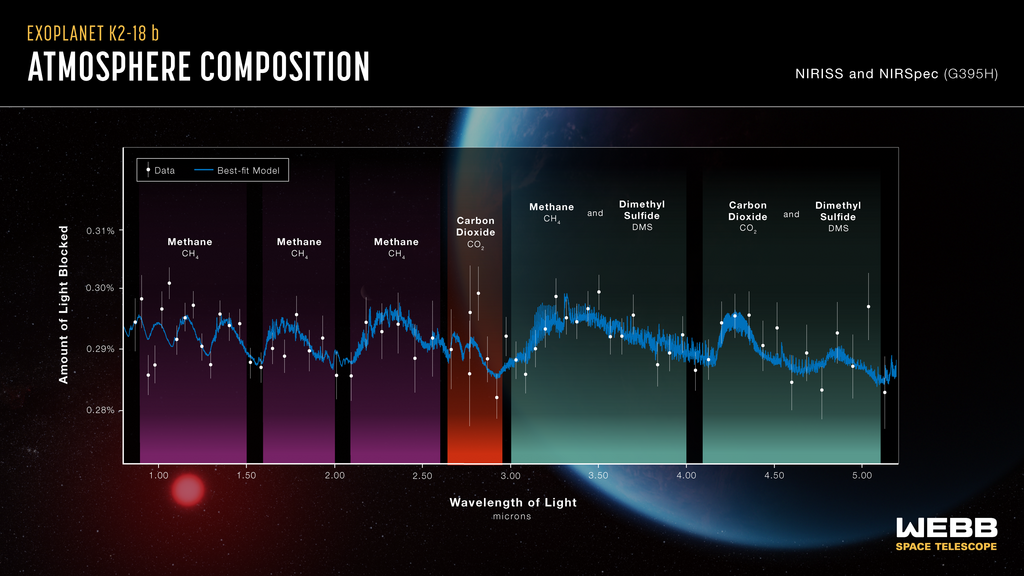A new study suggests that life may emerge rapidly on Earth-like planets once conditions become favorable. By analyzing Earth’s early history and applying Bayesian probability models, researchers propose that abiogenesis—the process by which life arises from non-living matter—could occur much faster than previously assumed.
Rapid Abiogenesis on Earth

Earth formed approximately 4.5 billion years ago, and evidence suggests life may have appeared as early as 4.2 billion years ago. This means abiogenesis could have taken as little as 250 million years. The study argues that if life had taken longer to develop, it might have been extinguished before intelligent beings, such as humans, had the chance to evolve.
Implications for Exoplanet Research
The findings have major implications for the search for extraterrestrial life. If life can emerge quickly under the right conditions, then Earth-like planets in habitable zones may have a higher probability of hosting life. The study estimates a 13:1 odds ratio in favor of rapid abiogenesis, strengthening the case for life beyond Earth.
Future Research Directions

Scientists aim to refine estimates of when life first appeared on Earth and apply similar models to exoplanet studies. Further research will explore whether abiogenesis follows predictable patterns across different planetary environments.
Conclusion

The study provides compelling evidence that life may emerge rapidly on Earth-like planets, reshaping our understanding of abiogenesis and the potential for extraterrestrial life. As research advances, this theory could guide future astrobiology and deepen our knowledge of life’s origins.
Source:




